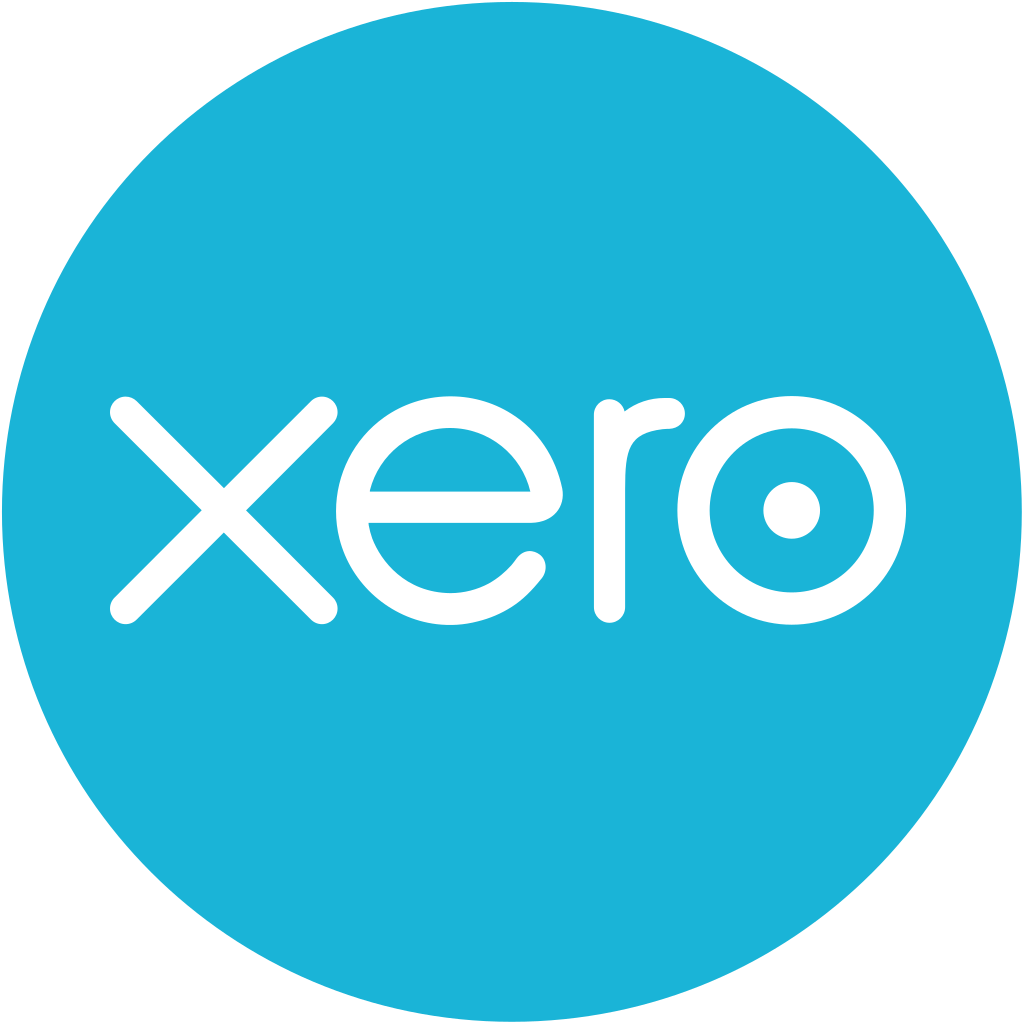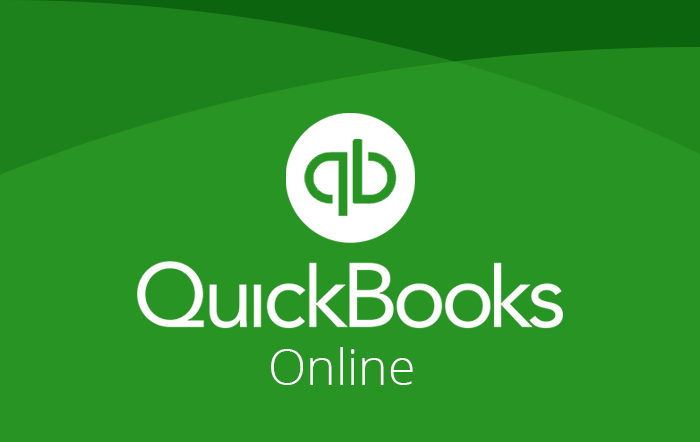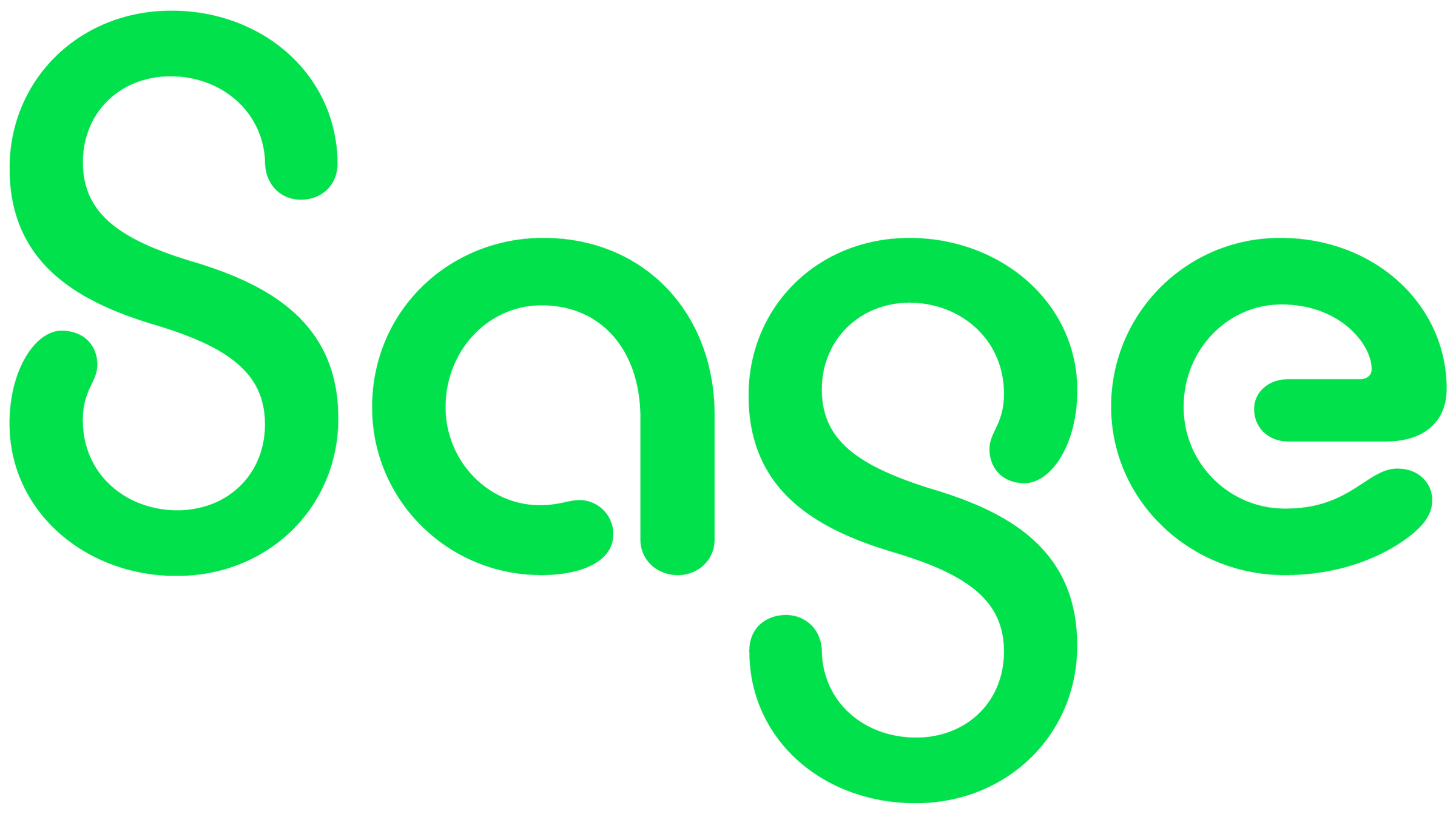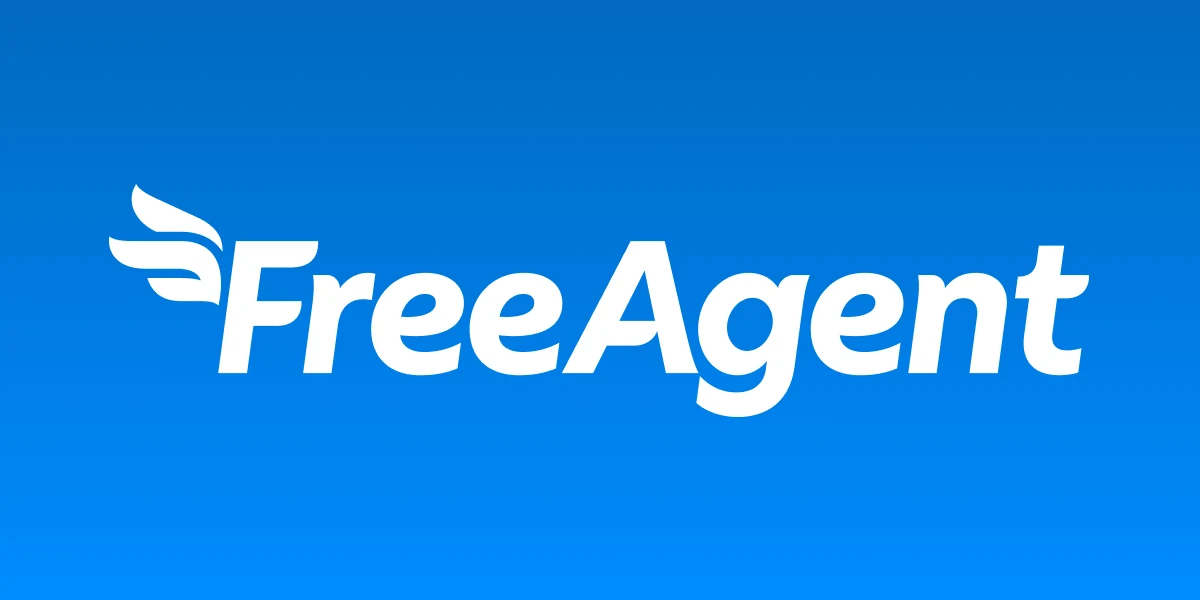In the realm of bookkeeping software, there’s no shortage of options available to small business owners. Among the leading contenders are Xero, QuickBooks, Sage, and FreeAgent. Each of these platforms comes with its own unique set of pros and cons, making the decision-making process both exciting and challenging. To help you navigate through the maze of choices, let’s explore the key attributes of each software, along with potential drawbacks.
Xero

Pros:
- Empowering users to craft detailed financial reports tailored to their specific needs.
- A preferred choice for businesses operating internationally or dealing with multiple currencies.
- Real-time collaboration capabilities enable seamless communication and teamwork among users, accountants, and advisors.
- Integrating seamlessly with a wide range of third-party apps
- User-friendly interface is one of its standout features, making it accessible and intuitive for users. With its clean layout, straightforward navigation, and visually appealing design, Xero provides an inviting and hassle-free experience. Even for those new to accounting software, Xero’s intuitive interface makes tasks such as invoicing, expense tracking, and financial reporting simple and straightforward. This ease of use not only reduces the learning curve for users but also enhances productivity and efficiency, allowing small business owners to focus on what matters most – growing their business.
Cons:
- May be too complex for very small businesses
- While feature-rich, Xero’s pricing plans may be relatively higher compared to some competitors, which could be a concern for budget-conscious businesses.
QuickBooks

Pros:
- Offering tools for tracking stock levels, creating purchase orders, and managing sales orders.
- Tailored versions for different industries provide specialised features and reports to meet unique business needs.
- Integrating seamlessly with hundreds of third-party apps, allowing for workflow streamlining.
Cons:
- Some users may find the customisation options lacking compared to other software solutions.
- Occasionally, users may experience performance issues like slow loading times or system crashes, especially with large datasets.
- May be too complex for very small businesses
Sage

Pros:
- Offers a wide range of products for businesses of all sizes
- Excellent inventory management and customisable features
Cons:
- Interface isn’t as intuitive as others
- Fewer integrations with third-party apps may restrict flexibility for businesses reliant on external tools
- May be too complex for businesses that only need basic bookkeeping functions
FreeAgent

Pros:
- Designed for freelancers and small businesses
- Easy to use
- Offers excellent invoicing and expense tracking features
Cons:
- Lacks the extensive features that larger businesses may need
As you can see, each bookkeeping software solution brings its own set of pros and cons to the table. By carefully evaluating your business requirements, considering these attributes, and weighing them against your priorities, you can make an informed decision that aligns with your needs. Whether it’s Xero, QuickBooks, Sage, or FreeAgent, the key is to choose the software that best supports your business goals and helps you achieve financial success.



